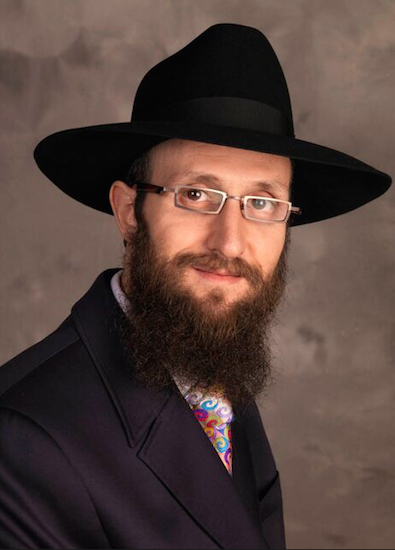Review: Brooklyn rabbi pens book for 21st-century Orthodox Jewish women
Brooklyn BookBeat

There is a compendium of grievances Jewish women have expressed about traditional Judaism for generations, and Rabbi Aaron L. Raskin has aimed to tackle them in his newest book “Thank God for Making Me a Woman: Empowering Women for the 21st Century.” It’s intended to soothe those smarting at rabbinic rulings they consider harsh and outdated.
Raskin opens with the story of a female congregant in his synagogue, the Orthodox Congregation B’nai Avraham of Brooklyn Heights.
“I really enjoy the services here,” she tells him. “I enjoy the sermons, the spirit and the people. But … I am an intelligent, well-educated, professional woman and I want to know why I can’t participate in the service. Why can’t I be called to the Torah, or be counted in the minyan [quorum of 10 men needed to begin prayer services], or lead the service? I have a nice voice, too. And this mechitza partition that separates men and women, what’s that all about?

Brooklyn Boro
View MoreNew York City’s most populous borough, Brooklyn, is home to nearly 2.6 million residents. If Brooklyn were an independent city it would be the fourth largest city in the United States. While Brooklyn has become the epitome of ‘cool and hip’ in recent years, for those that were born here, raised families here and improved communities over the years, Brooklyn has never been ‘uncool’.